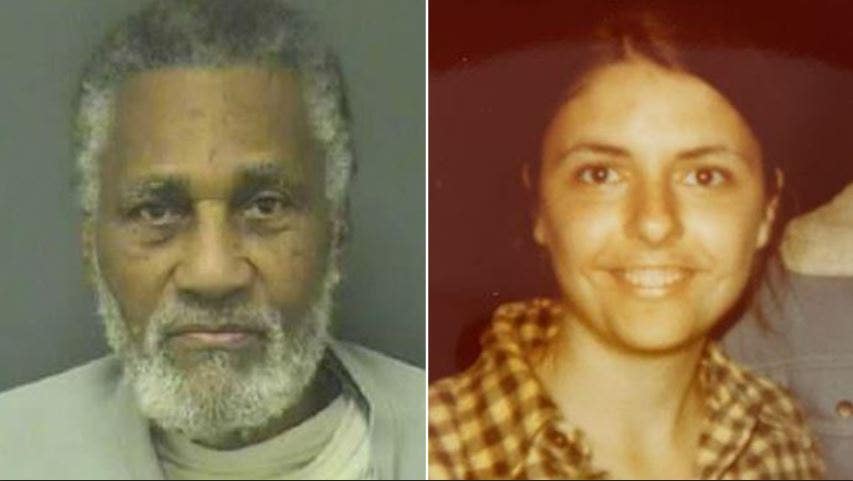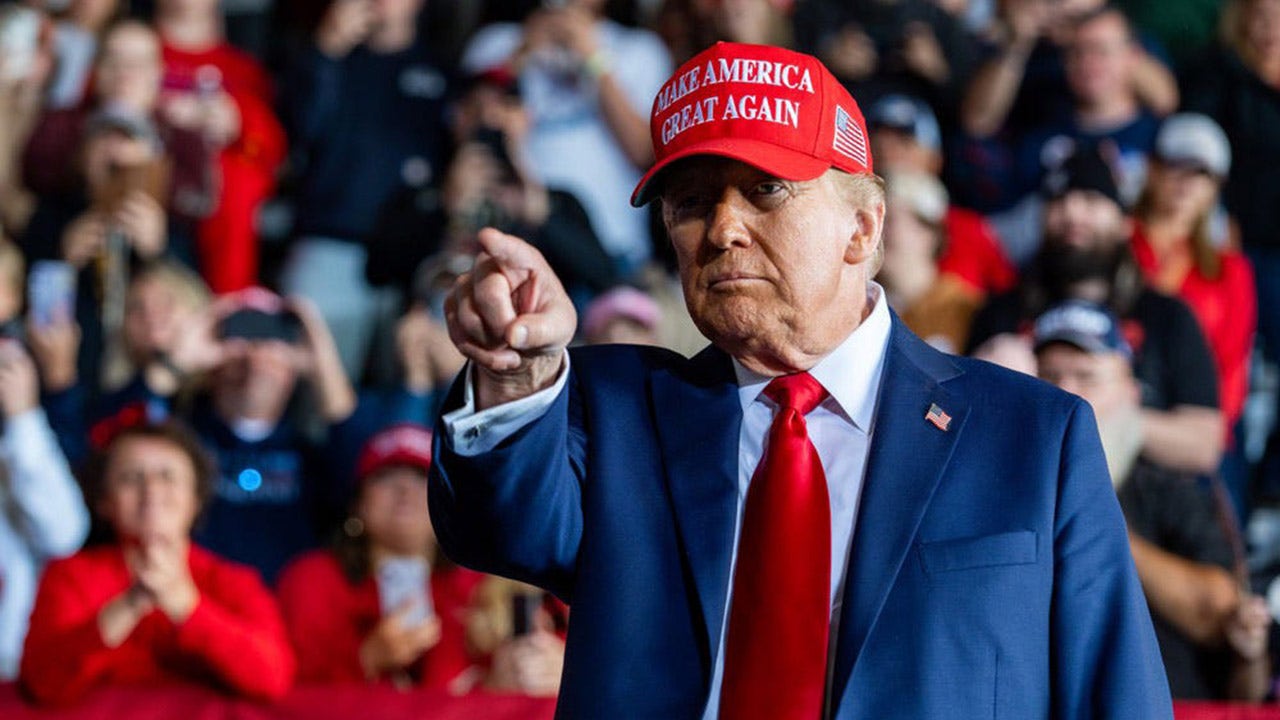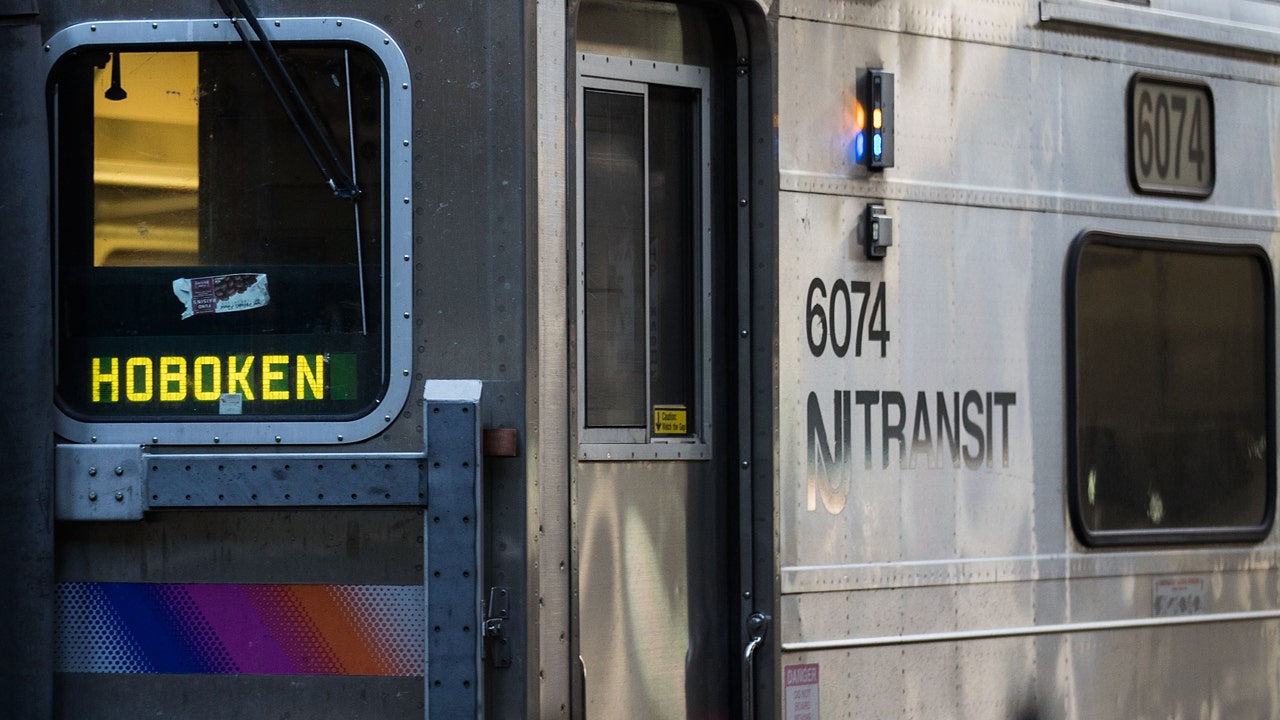Times Insider explains who we are and what we do and delivers behind-the-scenes insights into how our journalism comes together.
The best part about my job as a reporter for The New York Times is that it pushes me far outside of my bubble and into the far-flung parts of the United States. Already this year, I have reported from a remote ice fishing cabin in Minnesota and a dusty border ranch in Arizona. But rarely have I been anywhere as remote as Esmeralda County, Nev., where I spent several days in April and May reporting an article about election denialism that was published online last week.
For the last few months, I have been trying to better understand how widespread conspiracy theories affect the county clerks who run our elections. First, I interviewed dozens of clerks across the country by phone, many of whom recounted their experiences with disinformation and death threats.
Eventually one clerk in Nevada told me about an unusual situation unfolding in tiny Esmeralda County, home to a population of 980. There, a Republican clerk named Cindy Elgan faced accusations from her friends and neighbors of being a “deep state operative” who had skimmed votes away from Donald J. Trump in the 2020 election.
I flew to Las Vegas last month and drove through the desert to the county seat of Goldfield in Esmeralda County, a town with no hotel, stoplight, gas station or daily newspaper within 100 miles.
Esmeralda County is a beautiful place, where wild horses gallop across two-lane roads, and the jagged rock formations of Desert Valley bank up against the snow-capped peaks of the High Sierra. It’s also one of the most desolate places in America, and people tend to be wary of outsiders — especially when those outsiders are a photographer and a reporter for The Times. More than 80 percent of voters in Esmeralda County voted for Mr. Trump in 2020, and many of them distrust the media. In my first interview attempt, a county employee said he wouldn’t talk to me because The Times was “the Devil’s mouthpiece.”
I’ve gotten used to that kind of skepticism in recent years. I often write articles that feature voices of people who have never been interviewed before, and my goal is always to spend as much time with them as possible. I’m not just interviewing them; I’m tagging along to their jobs and following them through their days so that I can watch their lives unfold and listen to their conversations. That’s a lot to ask, particularly in places that have little experience with, or faith in, the media.
While I report on people’s lives, they also report on me. They research my background, track my movements and record our interviews for their own records. They want assurances that my work will be factual and fair. Even if that creates a dynamic that initially feels awkward, I also understand their trepidation.
But what amazes me — on every article, but especially in Goldfield — is how trust builds over time. I made two trips to Nevada with the Times photographer Erin Schaff, and we spent several days with both election workers and far-right activists at the center of our article.
We rode for hundreds of miles in their cars, shadowed them at work and spent hours in their homes. We asked questions and listened to their answers — not from a place of judgment, but from a place of genuine curiosity. We treated them with respect and empathy, and they rewarded us with the same. They took us to their favorite diners and poured us after-dinner cordials made from fruit from their orchards.
It wasn’t all perfect. On both of my trips, a tire on my rental car was punctured with a screw. Maybe it was the rough roads of rural Nevada. Maybe it was a coincidence. I don’t know. But what I am sure about is the overwhelming kindness and decency that lies right beneath the surface in a divided country of so much skepticism and distrust. The county clerk offered to loan me her car so I could continue reporting. A janitor at the courthouse ran home to get me a tire-patch kit, and then refused to accept any money for it. A far-right activist checked my tire pressure and then asked to pray for me before I took off.
I drove out of Goldfield and made it 85 miles to the next gas station. When I checked my phone, I had six text messages from people in Esmeralda County who wanted to make sure I was safely on my way back home.






